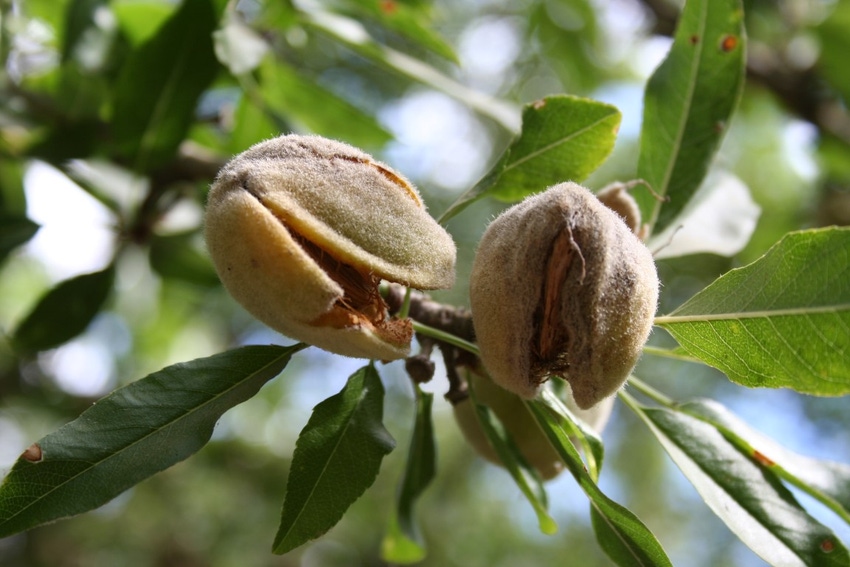April 4, 2016

There are significant market opportunities as well as significant production challenges in growing organic almonds. While only a small percentage of California almond acreage is currently certified organic, more growers are expressing interest in capturing a potential premium market for organic almonds.
A packed house during the “Growing Organic” presentation at the 2015 Almond Conference validated interest among California growers in tapping into increased consumer demand for organic almonds.
Market trends
Joanna Clifton of Innova Market Insights, which monitors consumer trends, says that the number of new organic products launched globally that contain almonds increased from 5 percent of all global organic product launches in 2011 to 13 percent in 2015, and consumers continue to increase their consumption of organically-grown products.
Clifton says “clear” labeling, which emphasizes labeling transparency along with minimally processed, natural, and fewer ingredients, is the fastest growing consumer trend today. Retailers continue to add organic lines to their private label portfolios. In the United States, one in five organic products launched in 2015 contained almonds.
During the presentation, handlers noted that while there is no set premium for organic almond returns, almond growers can expect to realize premiums up to two times the conventional price.
But University of California Cooperative Extension farm advisor Dr. Franz Niederholzer for Colusa, Sutter, and Yuba counties, said growers need to understand the risks and potential limitations of growing organic in their operation before making long-term decisions about either converting conventional orchards or planting new almonds to certify organic.
Organic production field day
Niederholzer has organized an organic almond production field day for May 19 from 2 to 5 p.m. at the Nickels Soil Lab in Arbuckle (Colusa County). This meeting will follow the annual Nickels Soil Lab Field Day, which will run from 8:30 a.m. to 1 p.m. the same day.
The organic field meeting follows presentations on a number of ongoing research projects at Nickels, a barbecue lunch, and a demonstration of whole-tree incorporation. It will be held in the Nickels organic-vs.-conventional demonstration orchard planted in 2006, and will feature presentations by UC farm advisors and private industry representatives.
Hurdles growers may face when it comes to growing organic almonds, according to Niederholzer, include production costs that are often double the cost of conventional farming, largely to manage weeds and nutrients, and a limited toolbox, especially for addressing pests or other problems that develop in the orchard.
Considerations for growing organic
Some things he said to consider before making the decision to go organic:
Are you, your organization, and pest control adviser ready for a challenge?
Do you have disease-sensitive varieties?
Do you have late-harvesting varieties that might be susceptible to neighboring pests?
What is your rootstock?
How isolated is your orchard from other pest sources?
Niederholzer noted that fertilizing with organic fertilizers can be challenging and expensive, and there are few, if any, organic options for weeds, summer pests, soilborne pests, and plant disorders.
On the organic block at Nickels, weeds were managed through propane burning and mowing. Nutrients were injected into a buried drip system, although plugging has been an issue. Summer sulfur sprays have helped to treat summer diseases, particularly rust, as well as mites.
Despite these challenges, Niederholzer said almond growers can make organic work under the right circumstances.
For the latest on western agriculture, please check out Western Farm Press Daily and receive the latest news right to your inbox.
You May Also Like




